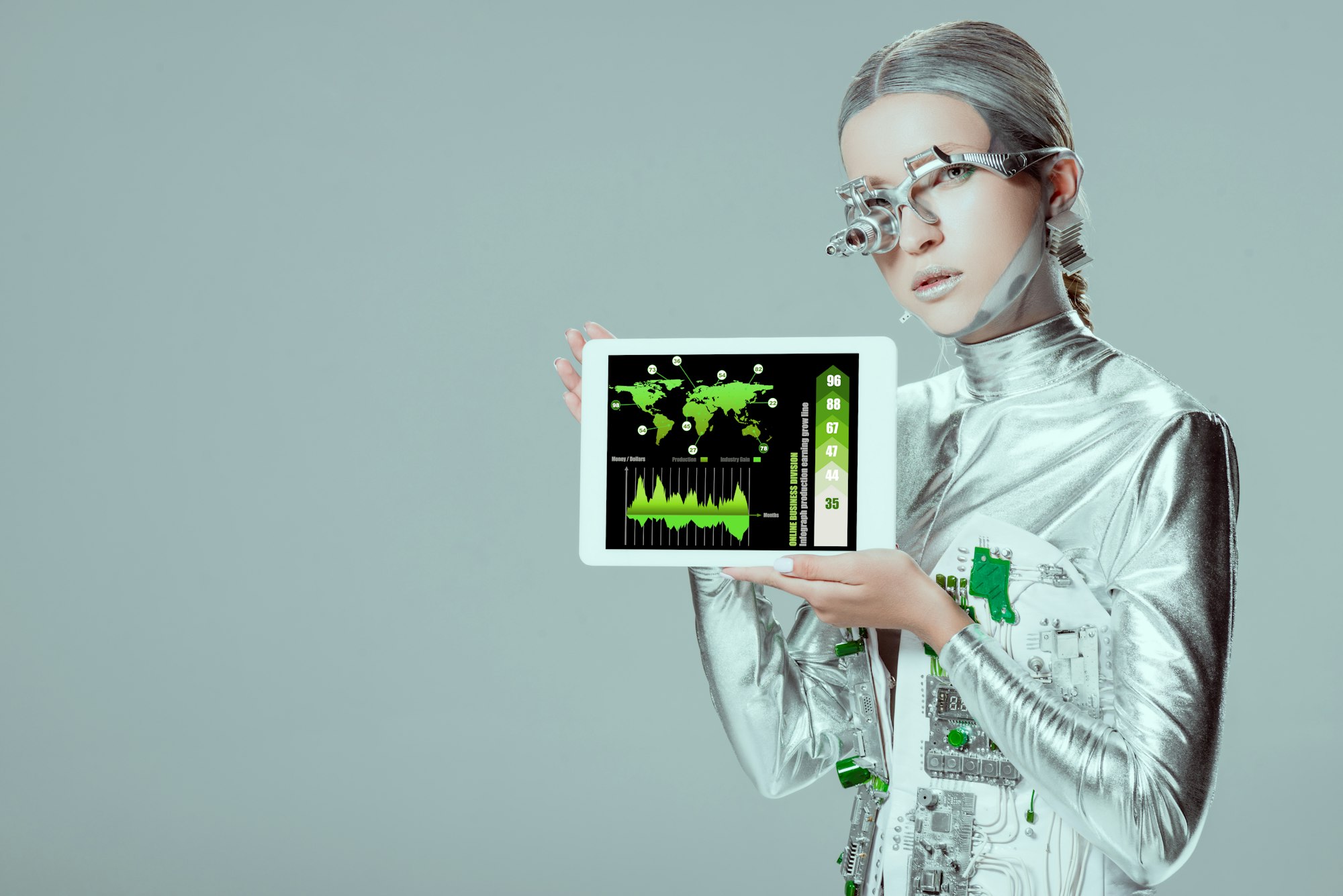Generative AI has already made waves in areas like creating digital art, drafting documents, answering customer queries, and even coding. But its true power is still only beginning to unfold. As technology advances, generative AI may expand into new fields we haven’t yet imagined. This article looks at some ways generative AI could reshape industries, drive innovation, and impact our lives in ways we might not expect. Plus, we’ll answer common questions about what these changes might mean for the future.

Going Beyond the Basics: New Frontiers for Generative AI
Generative AI is already impressive at creating text, images, and music, but there’s potential for even more revolutionary uses. Here are a few areas where AI could transform the world:
- Generative AI in Scientific Research
Beyond crunching data, generative AI could soon act as a partner in research. Imagine AI suggesting new research ideas, designing experiments, or simulating complex systems like the brain or climate models. For example, in drug development, AI could predict how molecules will interact, cutting down the time and cost needed to find new treatments. - AI-Powered Robotics in Real-World Situations
Generative AI combined with robotics could lead to robots that adapt on the fly in complex situations. Think about robots in disaster zones, deep-sea dives, or space missions, figuring things out in real-time. They could make decisions, move in new ways, and perform challenging tasks without needing exact instructions, which could be life-saving in unpredictable environments. - Personalized Learning and Skills Training
While AI-based platforms already offer personalized lessons, generative AI could create even more customized learning experiences. Imagine a tutoring system that generates practice scenarios for hands-on learning in fields like healthcare or engineering, giving students practical experiences without risk. It could even adjust feedback in real-time to help students learn faster and more effectively. - Revolutionizing Architecture and Urban Design
AI’s design capabilities could do more than just produce floor plans. It could help create buildings and entire cities that adapt to their environment, save energy, and improve sustainability. Generative AI could take real-time data, such as weather patterns or population trends, to suggest building designs or even city layouts optimized for the future. - Emotional and Mental Health Support
Right now, generative AI can handle simple support tasks, but soon it may offer meaningful emotional support, too. Imagine AI models that can sense and respond to emotions by analyzing speech tones. This could be a huge help in areas with limited access to mental health services, providing instant support or assisting professionals in monitoring patients. - Helping with Environmental and Climate Challenges
Generative AI could play a big role in environmental conservation. From creating detailed predictions of conservation efforts to proposing new strategies for environmental challenges, AI could assist scientists by visualizing potential futures based on different climate actions. It could also model outcomes to see the effects of various policies on environmental health.
Tackling the Challenges: Making Future AI Innovations Safe and Ethical
As promising as these advancements are, generative AI still faces some big challenges:
- Avoiding Bias and Ethical Issues
AI models learn from data, so if that data is biased, AI outputs may be biased too. To ensure fairness, it’s essential to train AI with diverse, balanced data to avoid reinforcing negative stereotypes or unfair outcomes. - Protecting Privacy and Data Security
As generative AI becomes more common, privacy concerns will only grow. Creating personalized experiences without compromising privacy will require strong policies and clear data-handling practices to keep user information safe. - Reducing Resource Use and Environmental Impact
Training and operating generative AI models can consume a lot of energy, leading to higher carbon emissions. Finding sustainable ways to run these models will be key as AI’s popularity grows. - Ensuring Human Control and Oversight
Generative AI can be incredibly powerful, but we need limits on its autonomy. Especially in high-stakes areas like healthcare or finance, it’s essential that humans remain in control of AI systems.
Generative AI is at an exciting stage where new uses are constantly emerging. With careful, ethical use, generative AI can open new doors, improve lives, and inspire even more innovation. As we look forward, the challenge will be to expand AI’s abilities while staying mindful of its impact on society.

FAQs: Generative AI’s Future Possibilities and Challenges
1. How could generative AI benefit scientific research?
Generative AI can go beyond simply analyzing data by actively suggesting new research ideas, designing experiments, and simulating complex systems. For example, in drug discovery, it can help predict molecular interactions, significantly speeding up the process and cutting down on costs. This potential makes generative AI a valuable tool for scientists in fields such as biology, physics, and environmental science.
2. What are the ethical concerns associated with generative AI?
One major concern is the risk of bias, as AI models are only as fair as the data they’re trained on. If biased data is used, the AI may reinforce societal inequalities. Additionally, privacy and data security are big issues since generative AI often needs user data for personalization. Sustainable energy consumption is another challenge, as AI models require significant computational power, which can have environmental impacts.
3. Can generative AI really provide emotional or mental health support?
Yes, it’s possible. Generative AI has potential in this area by analyzing vocal tones and generating supportive responses tailored to individual needs. While it can’t replace a human therapist, generative AI could assist mental health professionals, especially in regions with limited access to services. It could help provide preliminary emotional support and monitoring to improve mental health access and support networks.
Sources Forbes


